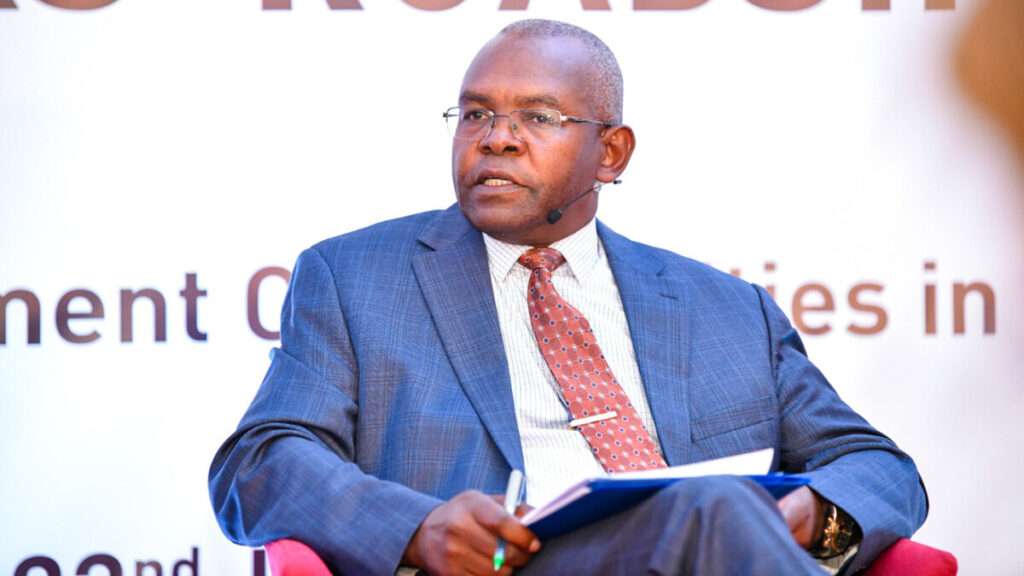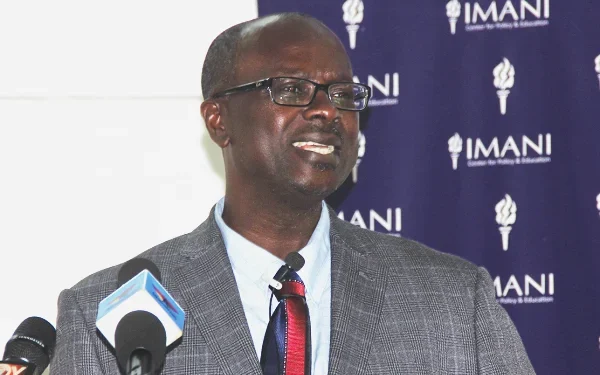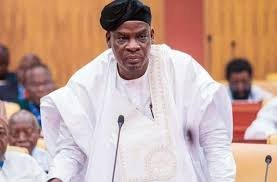U.S. President Donald Trump’s commitment to expanding domestic oil and gas production could have ripple effects far beyond American shores, potentially easing inflation in Kenya.
Speaking to reporters, Kenya’s Central Bank Governor, Kamau Thugge, explained how the U.S. energy strategy might positively impact global oil prices, ultimately benefiting Kenya’s economy. Governor Thugge noted that lower global energy prices would likely contribute to reduced inflation not only in the U.S. but globally.
“If it results in lower fuel prices, then it’s also possible that that will contribute to lower inflation in the U.S. and also lower global inflation. And that could actually be a positive for us.”
Kamau Thugge, Kenya’s Central Bank Governor
Kenya, which imports all of the 5.5 million cubic meters of petroleum products it consumes annually, is highly sensitive to global oil price fluctuations. Lower oil prices could reduce transportation and production costs, easing inflationary pressures on the economy.
Kenya’s inflation rate, influenced by a combination of domestic weather conditions and volatile global commodity prices, reached a 14-year low of 2.7% last year. However, the Governor projected that inflation could rise to about 3.3% by March, partly due to higher fuel import costs.
The potential drop in global oil prices, driven by Trump’s policies, could help stabilize Kenya’s inflationary outlook and improve affordability for consumers.
President Trump’s promise to “drill, baby, drill” signals an aggressive push to unlock more of the United States’ vast energy reserves. By boosting domestic production, the U.S. could flood the global market with additional oil and gas, exerting downward pressure on prices.
Brent crude, a key international benchmark, has already slipped below $80 per barrel in London, reflecting market anticipation of increased U.S. supply.
While Kenya announced its first significant oil discovery in 2012, progress toward commercial production has been slow. The nation remains reliant on imports for its petroleum needs, leaving it vulnerable to global price volatility.
Efforts to develop the Lokichar Basin oil fields in Turkana County have faced numerous hurdles, including logistical challenges, disputes with local communities, and delays in building the necessary pipeline infrastructure for export. Until these issues are resolved, Kenya’s economy will remain exposed to external shocks in the global oil market.
Monetary Policy Implications

Governor Thugge highlighted how Trump’s energy policies could influence not only inflation but also global monetary policy trends. The Federal Reserve’s response to lower inflation in the U.S. might result in elevated interest rates, which could have a ripple effect on Kenya and other emerging markets.
“That also has an impact on us because of the potential of capital now flowing back to the U.S. as interest rates would remain more elevated than our earlier expectations.”
Kamau Thugge, Kenya’s Central Bank Governor
Higher U.S. interest rates could trigger capital outflows from emerging markets like Kenya, as investors seek better returns in dollar-denominated assets. This could put downward pressure on the Kenyan shilling and complicate monetary policy management.
Trump’s energy policies come at a time of heightened geopolitical tensions and shifts in global energy markets. Countries like Kenya, which rely on imported oil, are particularly sensitive to these changes.
The potential for increased U.S. production to lower global prices offers hope for easing inflationary pressures, but Kenya’s dependence on external factors underscores the need for greater energy self-sufficiency.
President Donald Trump’s aggressive push for domestic energy expansion could have far-reaching implications for Kenya’s economy, offering a reprieve from high inflation through lower global oil prices.
However, as Governor Kamau Thugge noted, “the full impact will depend on the interplay of global monetary policies, domestic infrastructure development, and Kenya’s ability to reduce its reliance on imports.”
For now, Kenya remains cautiously optimistic, watching the global energy landscape closely while grappling with its own economic vulnerabilities. Whether Trump’s “drill, baby, drill” agenda delivers sustained benefits for Kenya will depend on how effectively the country navigates its domestic challenges in the years ahead.























